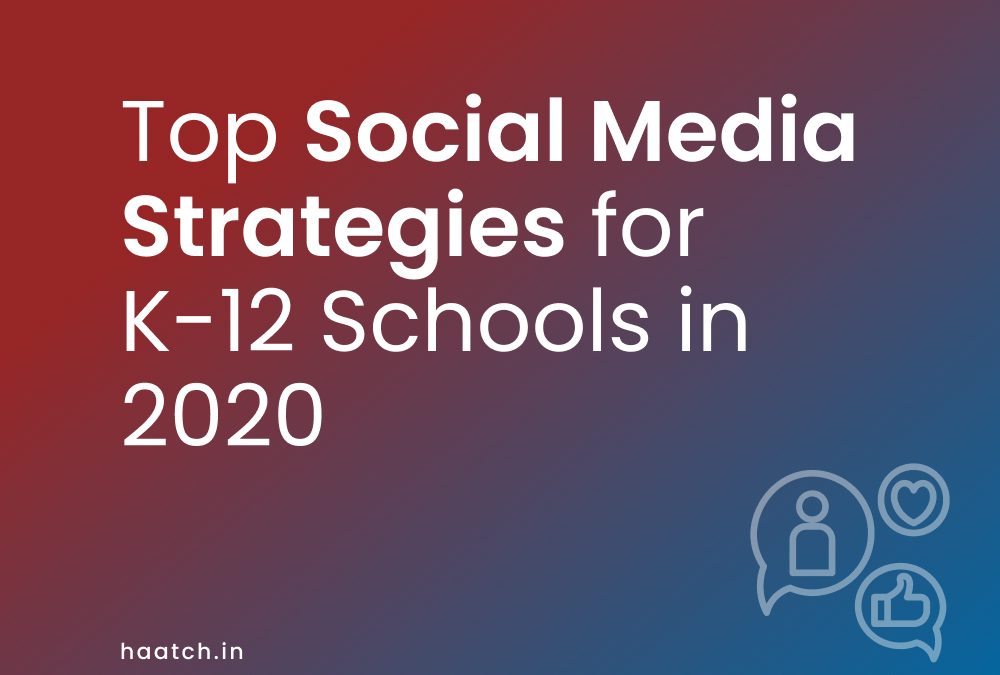School communication is continuously evolving, and it’s the right time for K-12 schools to rethink their social media strategy. COVID-19 enforced everyone to shut their operations, and schools are yet to reopen.
Currently, the most pressing need is to adopt a few of the top social media strategies for K-12 schools. Let’s see those social media strategies for K-12 schools you need to embrace.
Identify Your Goals
Since the K-12 school community is expanding, the competition is increasing too. One more thing that has widely expanded is the expected level of transparency & accountability that people expect from institutions.
Social media is a great way to share information quickly with your community, and K-12 schools understand it completely.
You need to design a set of very specific goals you want to focus on. The key to achieving goals is to keep them very specific. List down your priorities and choose the first few among them.
You won’t need to worry too much about building your reputation until you have a strong social presence. Use authentic language, engage with your audience, and share your expertise to look authentic.
Choose Platforms That Resonate Best With Your Stakeholders
Social media is the thing of today, so stop enforcing the use of press releases & letters to build your reputation. An important part of social media strategies for K-12 schools is to focus on certain platforms. Rather than staying thin across all social media platforms, it’s better to target platforms that resonate best with your stakeholders.
If most of your stakeholders are on the most popular platforms like Facebook, Twitter, YouTube, and Linkedin, then target these platforms only.
Developing Best Practices
Best practices are an integral part of social media strategies for K-12 schools. It refers to knowing your rights, behaving professionally, sounding emphatic, and keeping a strong check on your privacy settings.
Make sure that you don’t become a part of any controversy, use professional language, and show strong engagement.
Build A Team Of Expert
Social media management is a specialized job that requires a team of experts. Having experts to handle your social media channels is one of the most important social media strategies for K-12 schools. It helps you to put your best face forward.
However, ensure that your engagement policy is within the guidelines of authorities and is by district policies.
Design a social media calendar to have a stream of posts apart from simultaneous announcements. Having a team of experts bring along their experience & expertise, which certainly proves beneficial.
High Level Of Engagement & Reputation Building Efforts
Your target audience includes parents, teachers, and education leaders. Ensure that you maintain a high level of engagement with them. Use social media features like Hashtags, comments, discussions, tweets, and posts to engage with your audience.
Building your reputation is a key part of social media strategies for K-12 schools. Reputation breathes on reliability & relatability. Your content should include references to authentic sources. A great way to build a reputation is to use your account as a source of education news.
Use Data
Data has undeniable power. You should use data analytics to find insightful information. Tracking the performance of your efforts through data helps you to improve yourself.
Conclusion:
Creating a social media plan may seem very challenging work for you— especially when you have so much to do at your end. But it really puts meaning behind what you do. So above are some of the amazing social media strategies you could execute to get the desired results.

